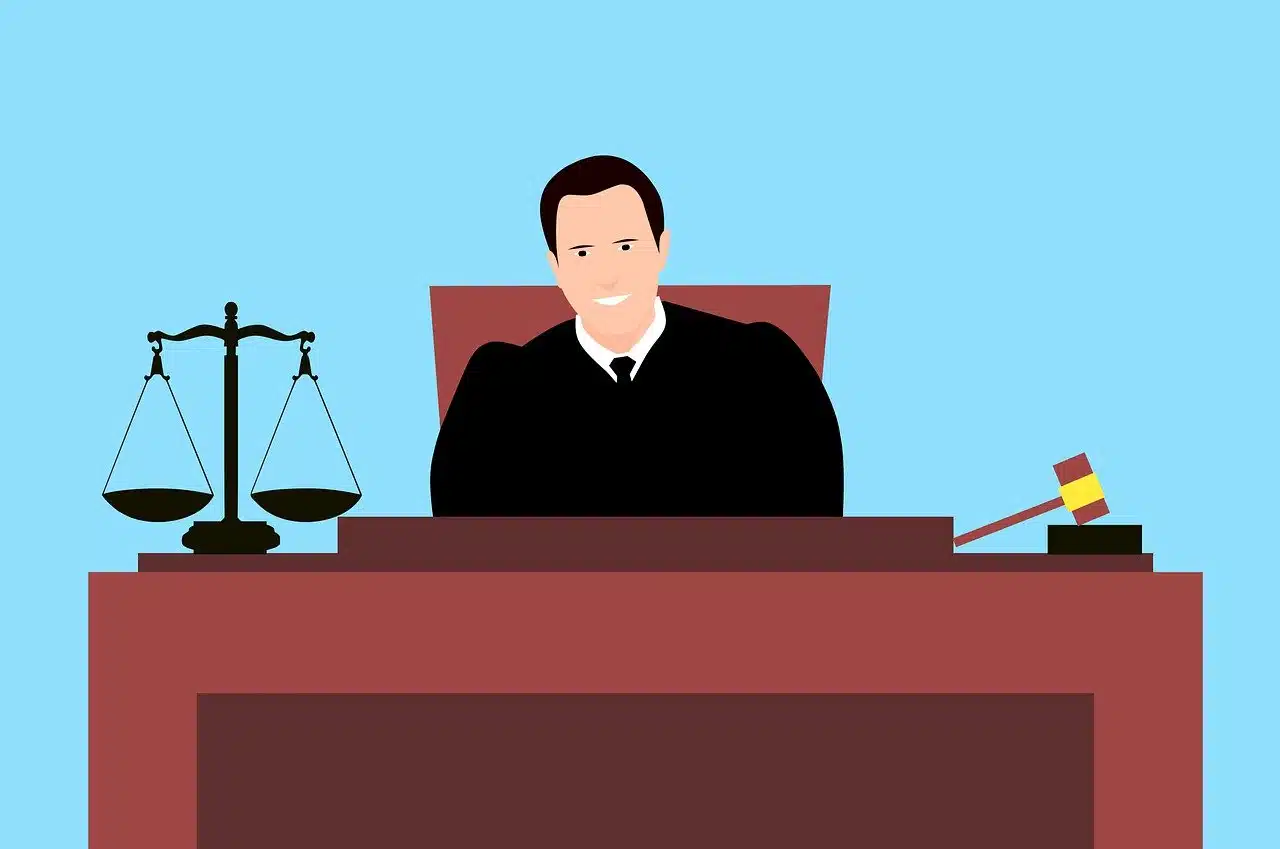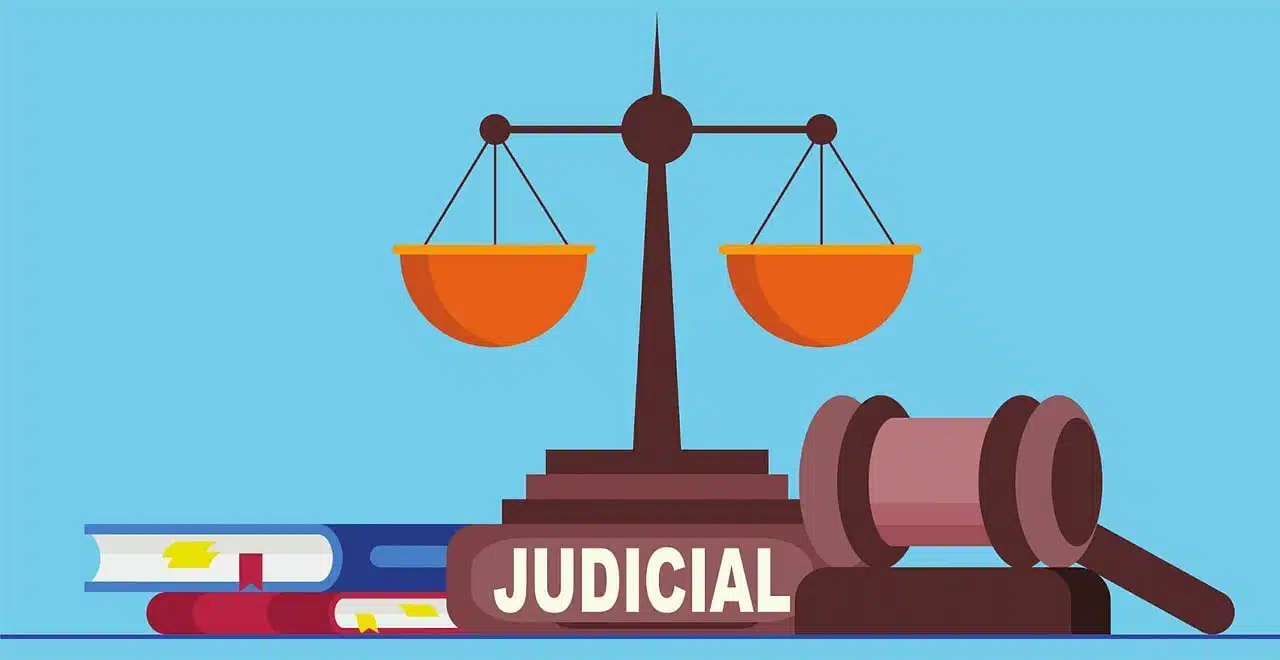
Through objective law, we seek to guide human behavior and make each individual obligatorily adapt their actions to the legal system.
Objective law encompasses each legal norm , law or ordinance that, by prescribing an obligation, marks the need to adopt a conduct towards certain subjects or events.
Before delving into the particularities and scope of this category, it is very important to know (or remember) that every nation (that is, each State ) is governed by two types of law : the aforementioned objective law and subjective law . Both are linked and make up the legal system of a country.
As noted when reviewing the theory, it is essential that objective law (with a heteronomous profile) exists since it establishes obligations, limits and guidelines that every citizen must know, comply with and respect to behave appropriately within society . The State is responsible for compliance with legislation and regulations through law enforcement agencies, organizations and institutions. At the same time, subjective right is essential because it individually grants the legal faculty, freedom and power so that the objective right (which exercises limitations on the subjective) can be put into practice.
Reviewing concrete examples that make it easier to understand this concept and its implications, it is possible to mark the Penal Code as a manifestation of objective law (a coercive type of right that is linked to positive law and natural law ), Civil Code , traffic rules and the National Constitution , among others.
It is not accepted that entities or people conduct themselves individually or collectively above the legal system : if they do not comply with it or do not adjust to these guidelines, then they will be committing an illegal action, a criminal act, which entails compliance with a punishment or penalty .
Sources of objective law
The sources of objective law are several and each one serves to cover and contemplate the greatest possible number of issues.
Every regulation and every set of laws, like the content of the National Constitution , feed the written version of the objective law , which can also be customary if a custom manages to take hold and transform into a social convention.
Likewise, doctrine , jurisprudence and general principles of law are usually recognized as sources of objective law . As part of this last category mentioned, we can mention the principle of equality , the principle of proportionality with respect to taxes and penalties and the principle of good faith (in order to guarantee honesty and rectitude within a process, contract or act). It is worth adding to the list of fundamental principles the principle of legality , the principle of non-discrimination , the principle of autonomy of will and the principle of legal certainty .

The principle of legal equality indicates that all people deserve the same treatment before Justice and the law.
Judicial proceedings
From the perspective of objective law , certain issues must occur or be fulfilled in judicial processes .
In order to prevent fundamental rights from being violated, for example, procedural guarantees must be granted and each State is obliged to adapt to a legal principle called due process in order to respect each of the legal rights that, according to the law, every person has.
Nor should we overlook that each subject enjoys the right to effective judicial protection , that is, to defend their legitimate interests before the courts , counting on the intervention of the corresponding judicial bodies .
Another point that gains notoriety within the legal universe of any State of Law is the presumption of innocence , a criminal legal principle by which the subject with a cause or investigated within the framework of a criminal process has the constitutional guarantee of being considered innocent. (or not the author of the crime) until the judicial resolution becomes final.
Branches of objective law
There are branches of objective law that account for a broad and diverse classification.
In this context, private law (a type of positive law that regulates links and activities between particular individuals, such as commercial law and labor law ) coexists with public law (responsible for regulating relations between public power with itself, with organizations and with individuals, as happens with electoral law and tax law ) as well as international law (recognizing both private international law and public international law ) with national law .
Constitutional law , administrative law , criminal law and civil law appear to diversify and extend this list, to indicate other alternatives for reference.

The legal system can be simple or complex. If its rules are linked based on principles of general application, then the concept of a legal system comes into play.
Modern fields of application
Objective law has modern fields of application that pose challenges and offer more and more space for addressing socially important issues that require order, control and regulation to avoid legal gaps.
Human rights , globalization , new technologies and the need to protect the environment are some issues that drive both the field that associates law and bioethics and that which connects law and technology . Computer law and cybersecurity law also aim to regulate current realities.
